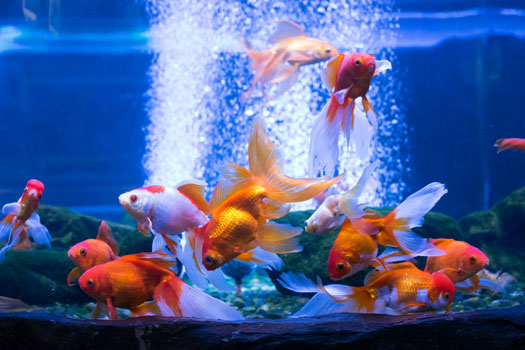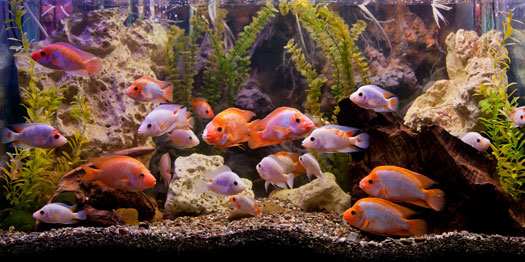- Your shopping cart is empty!
How to Make an Aquarium Successful
There are various ways to measure success in the world of fish keeping. Some aquarists are fully dedicated to creating habitats worthy of winning competitions such as the International Aquatic Plants Layout contest or the Aquarama reef tank competition. Other fish keepers enjoy dazzling members of their household and guests with elaborate tanks set up on custom-made cabinets. Perhaps a better way of determining success among fish keepers would be to focus on the ultimate goal of providing a healthy and balanced ecosystem for all species. Creating a self-enclosed habitat is a rewarding experience in and of itself, but it should be equally rewarding for fish, invertebrates, plants, and microorganisms. …










